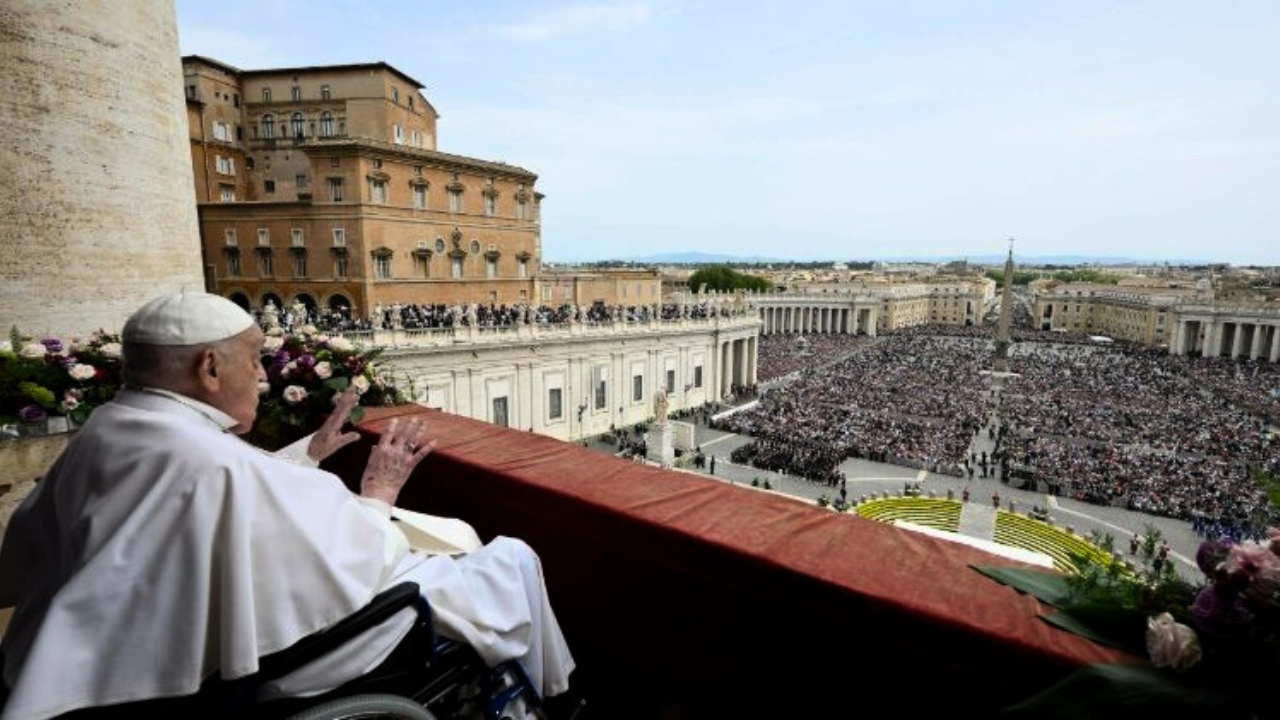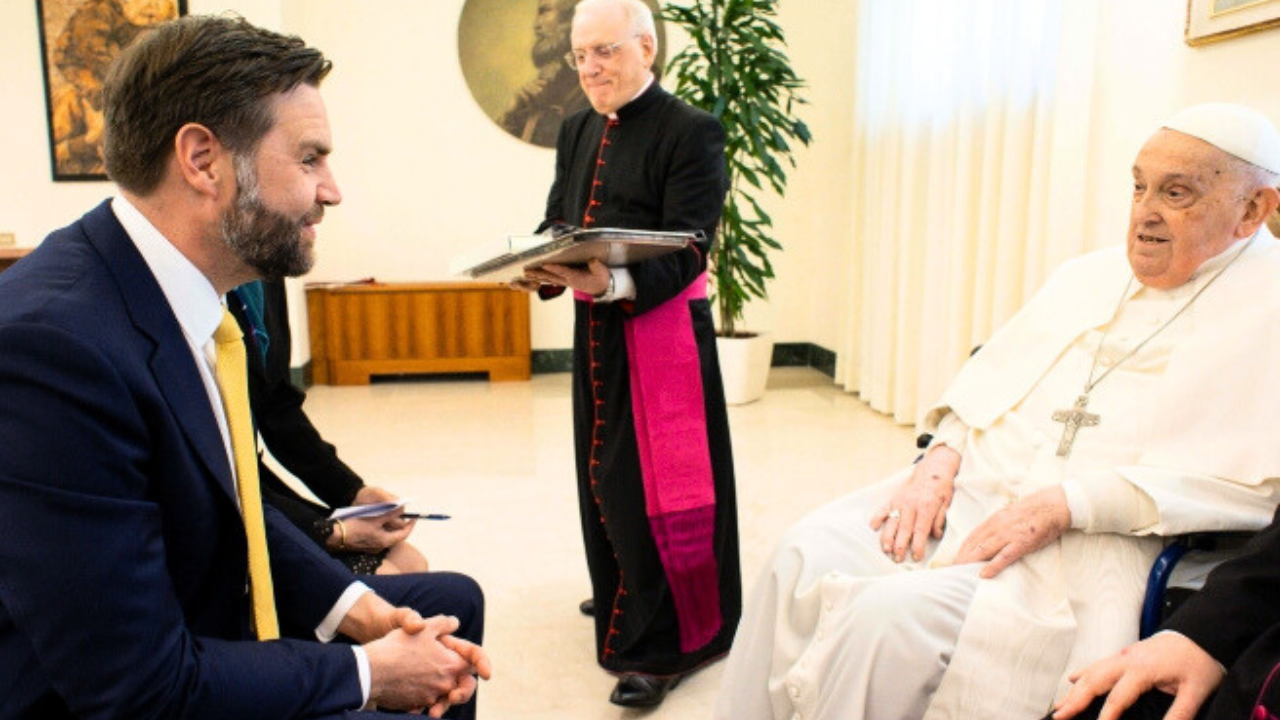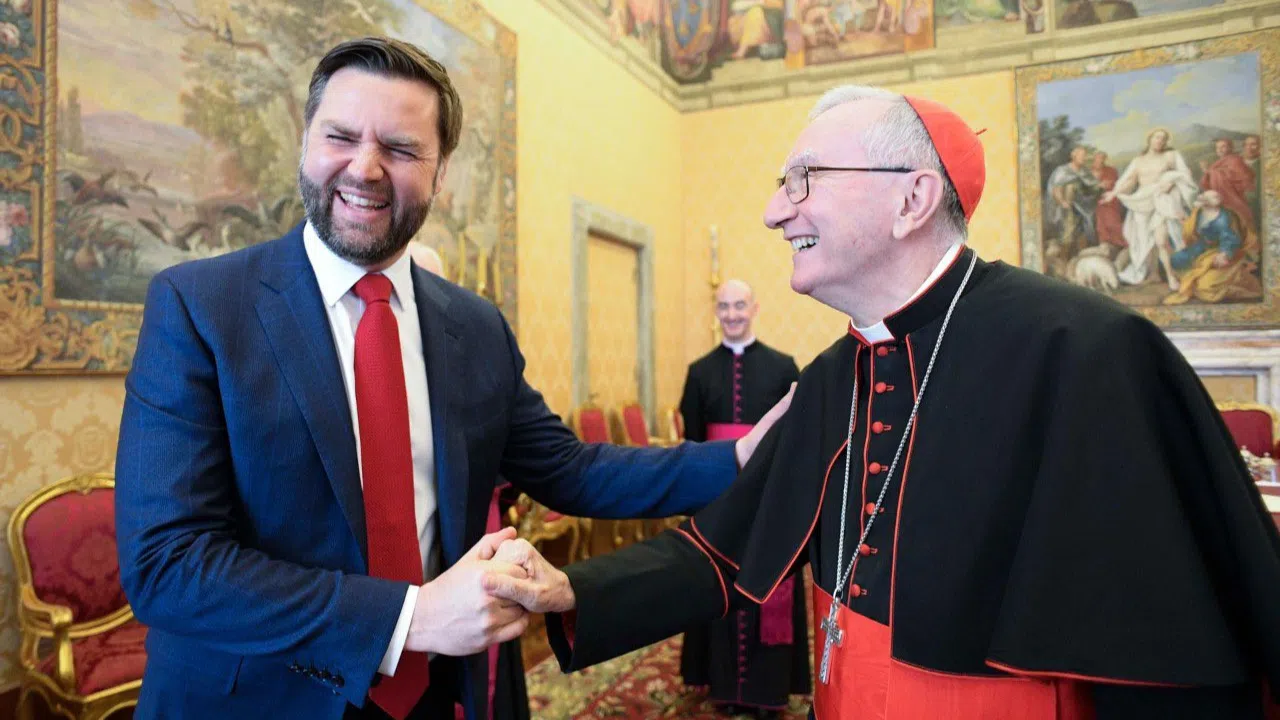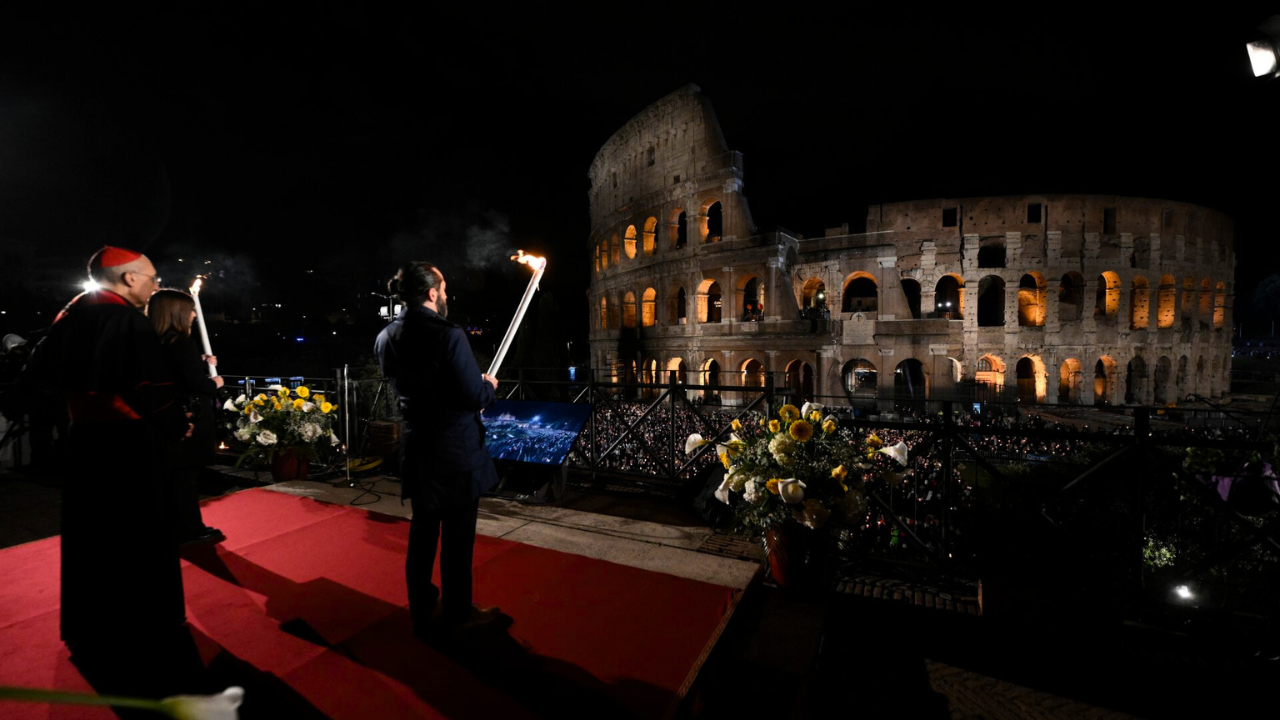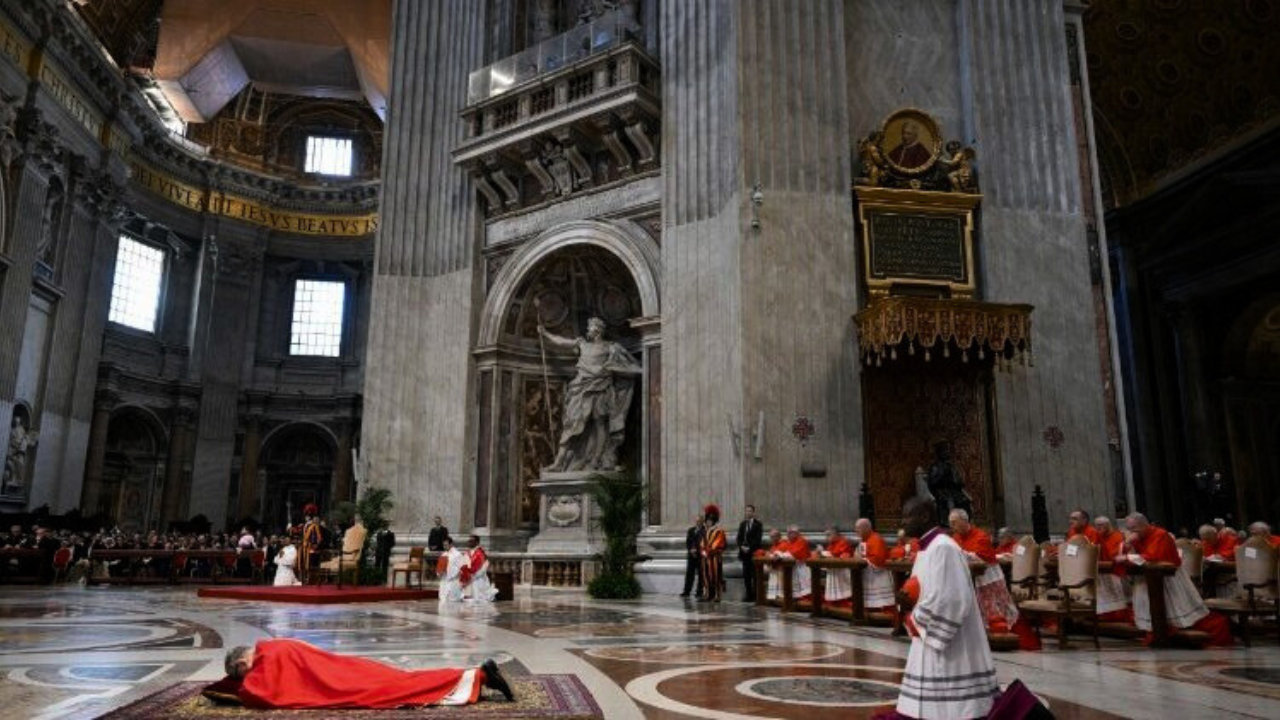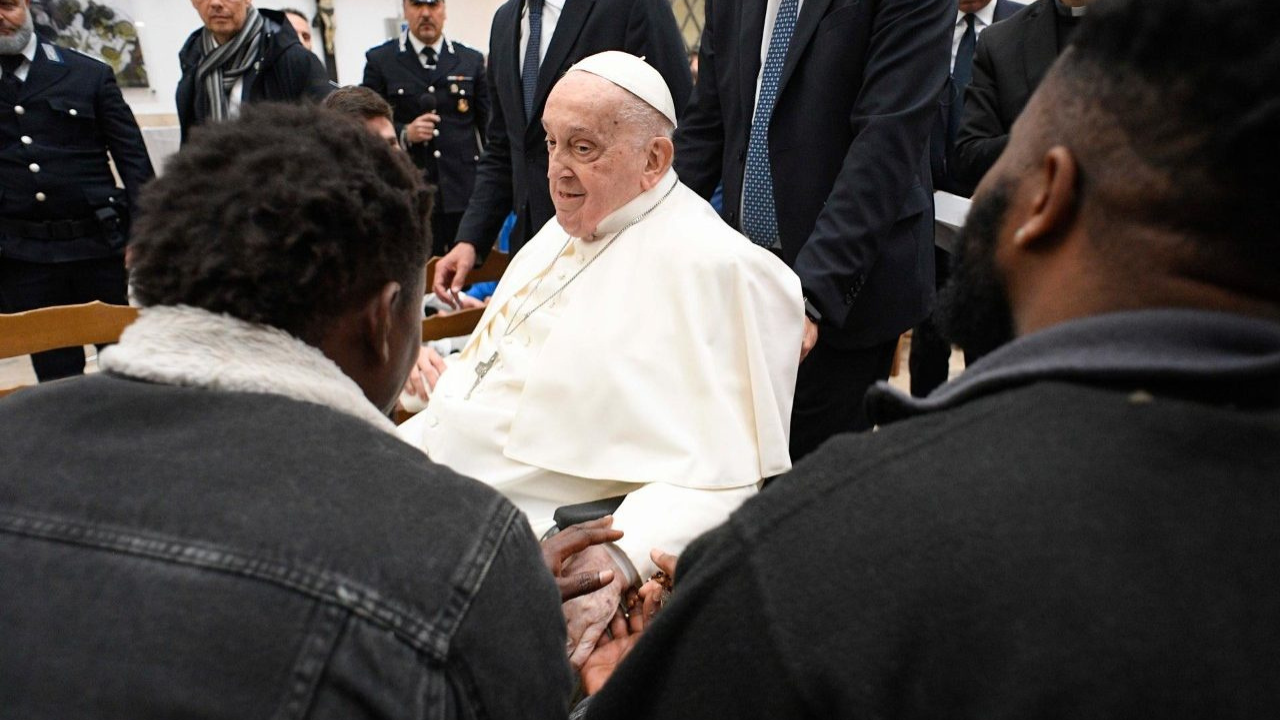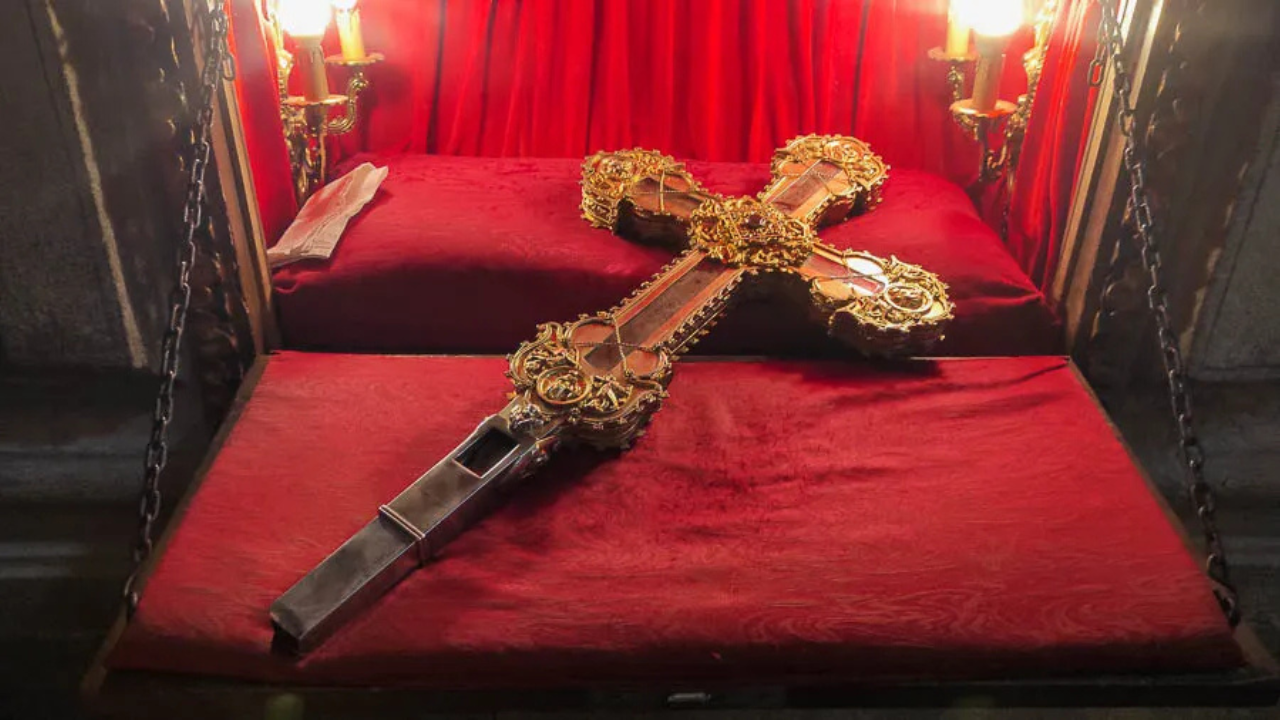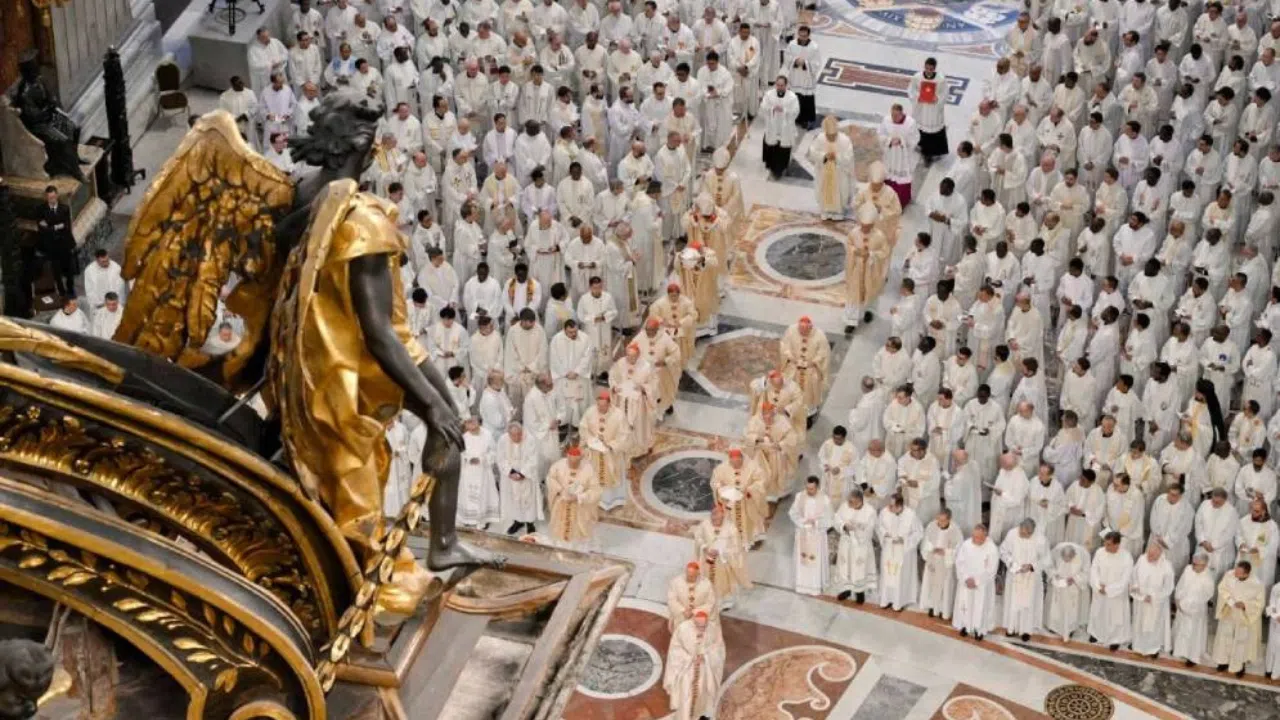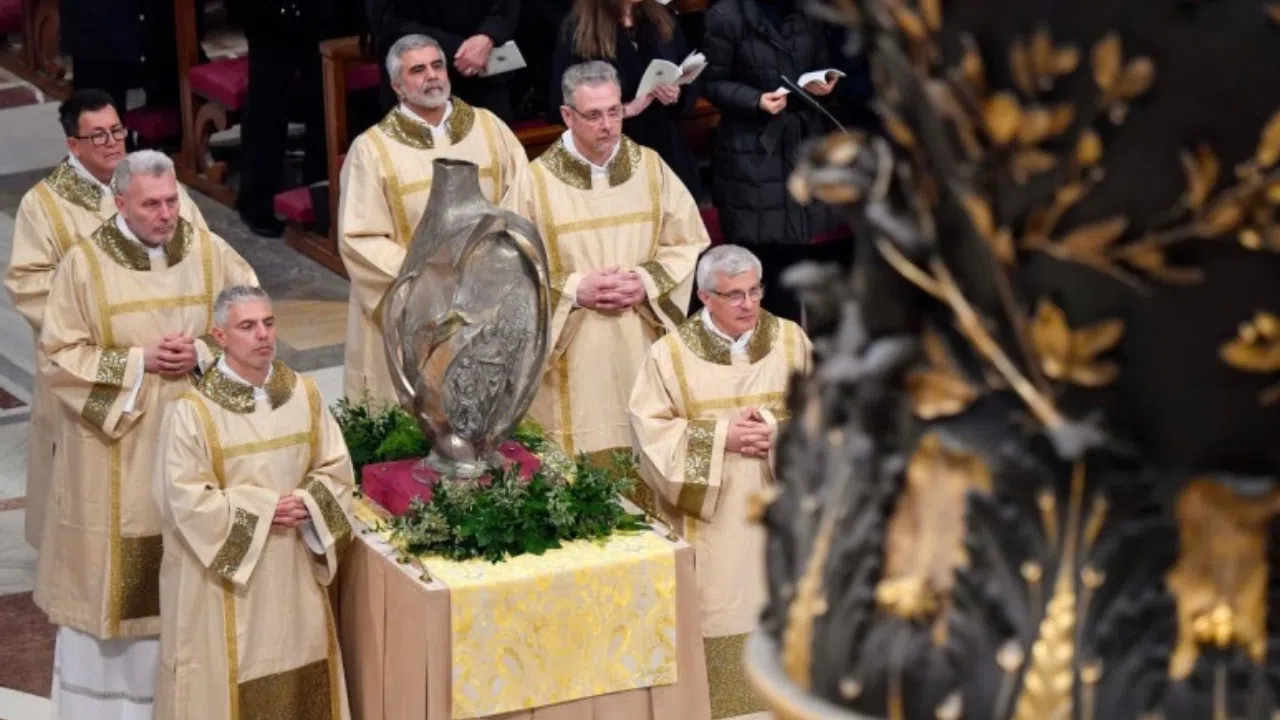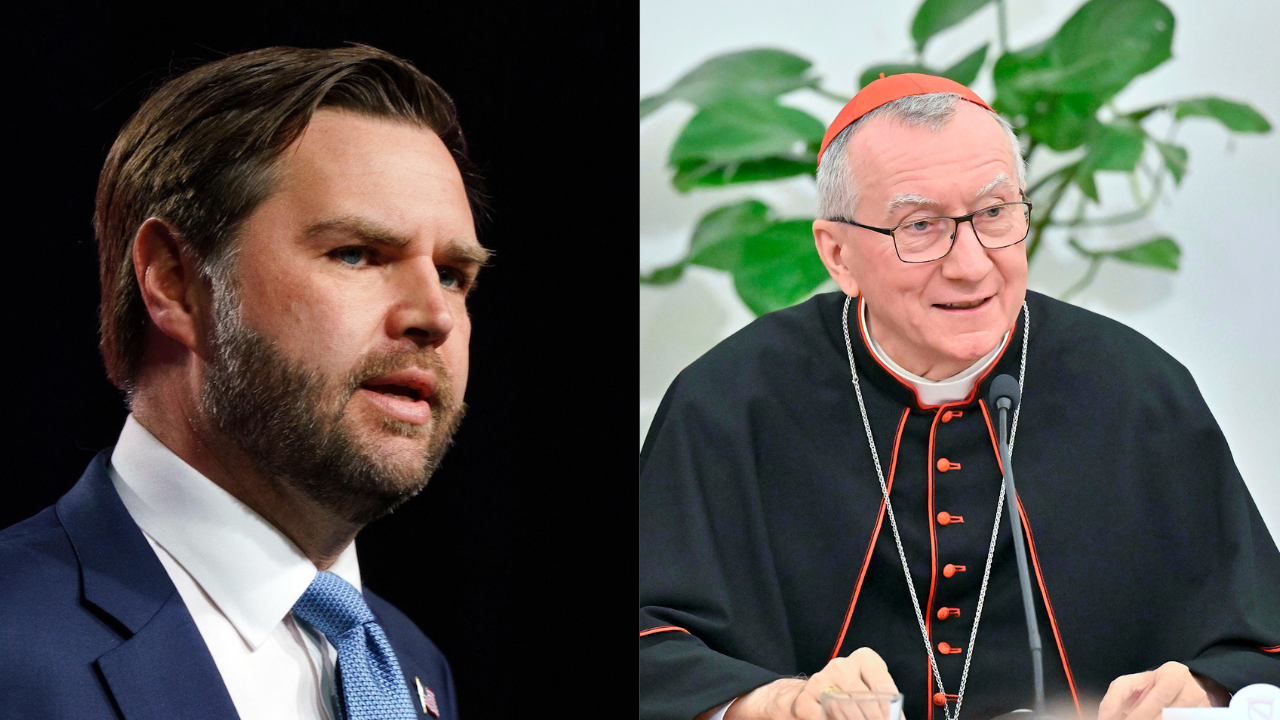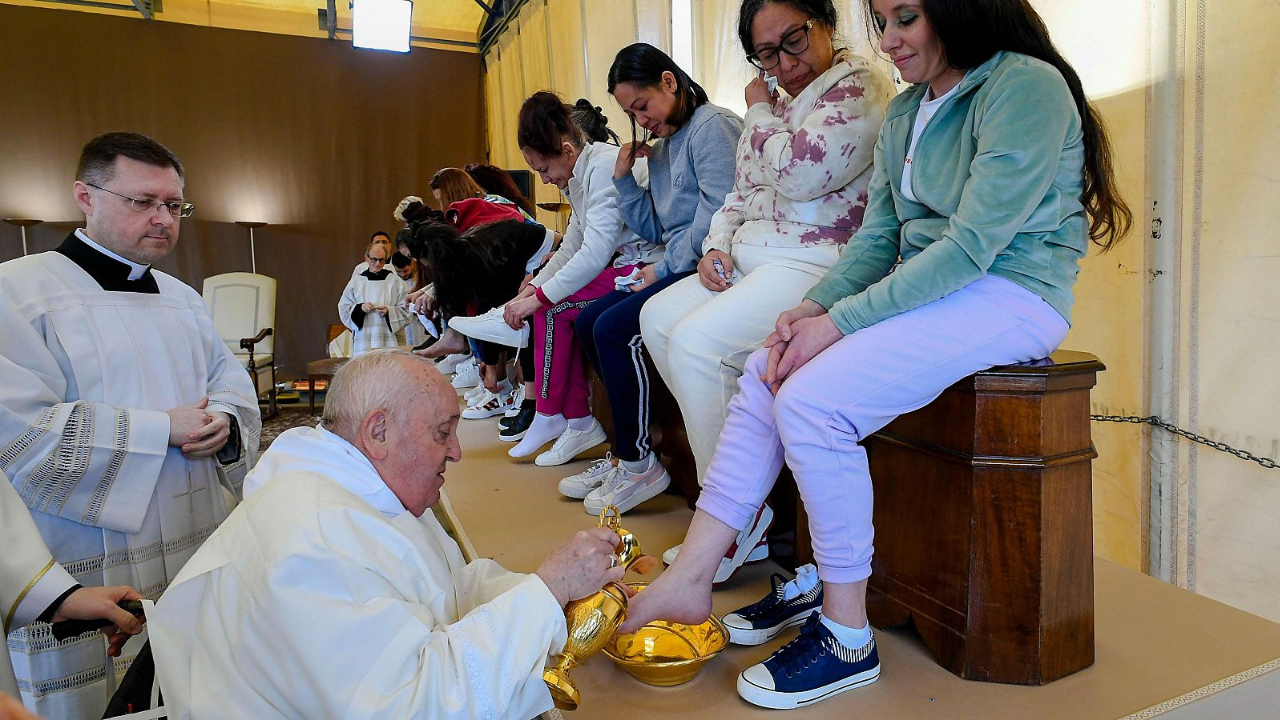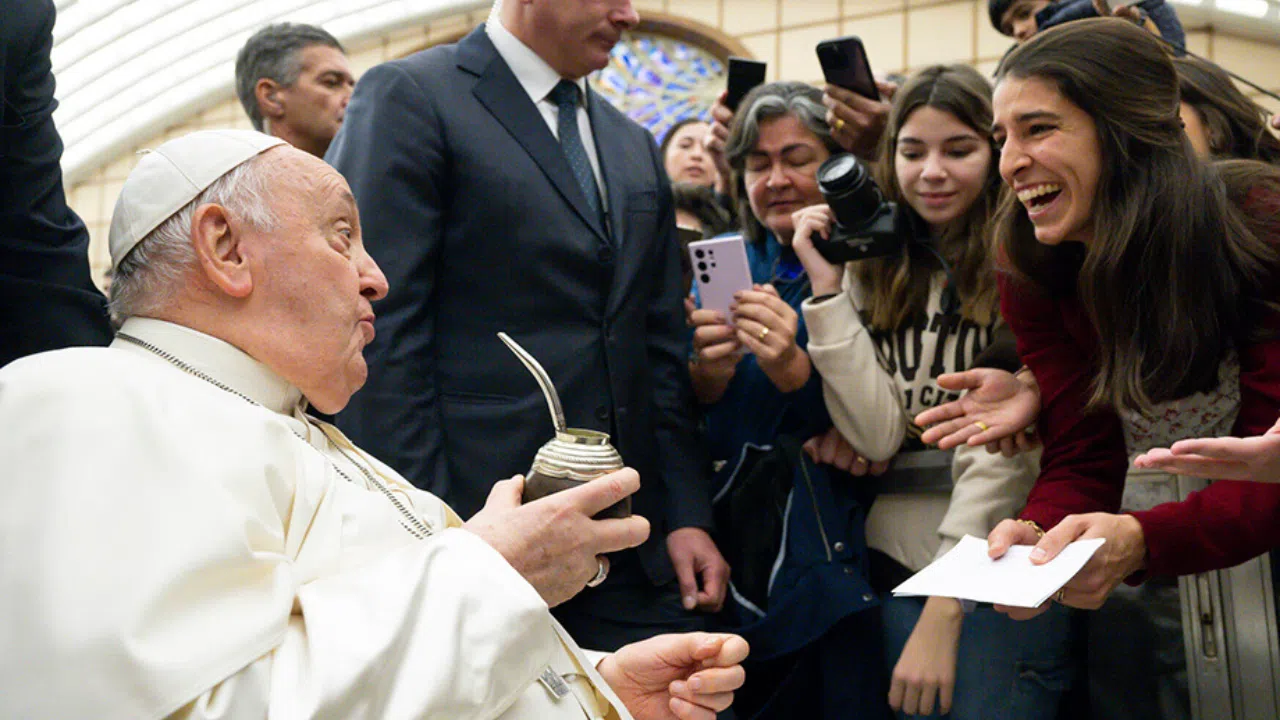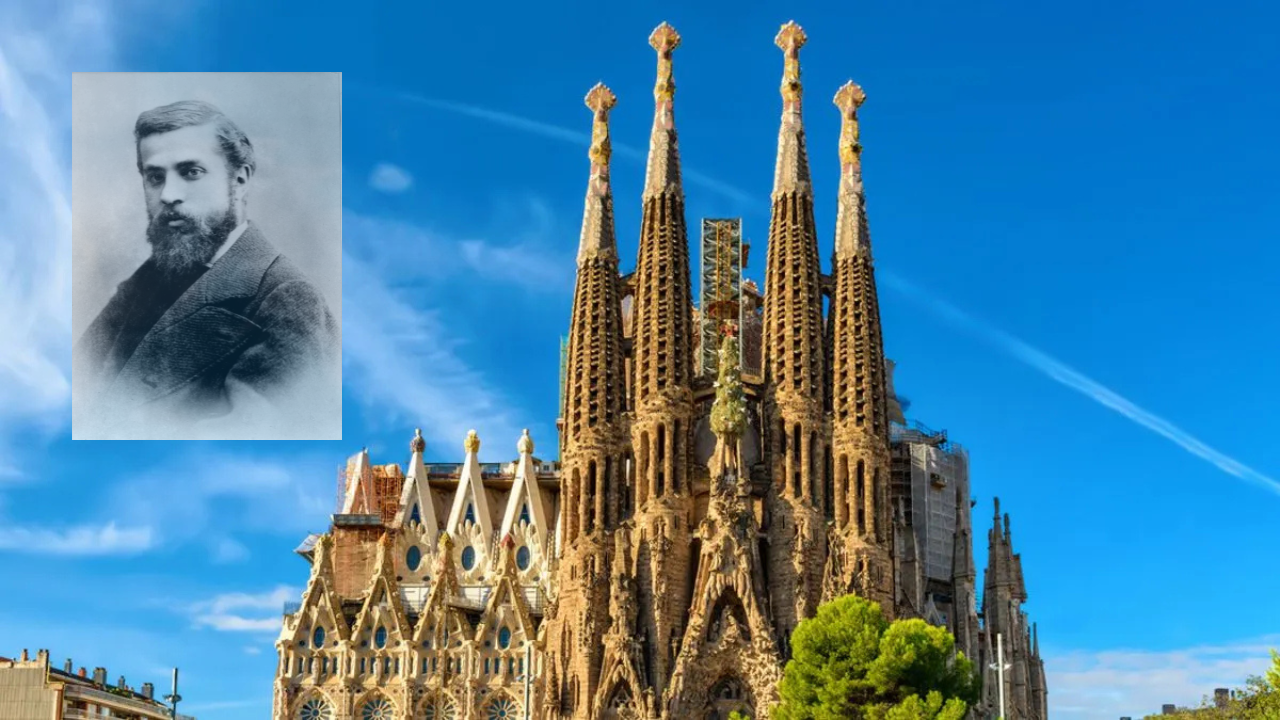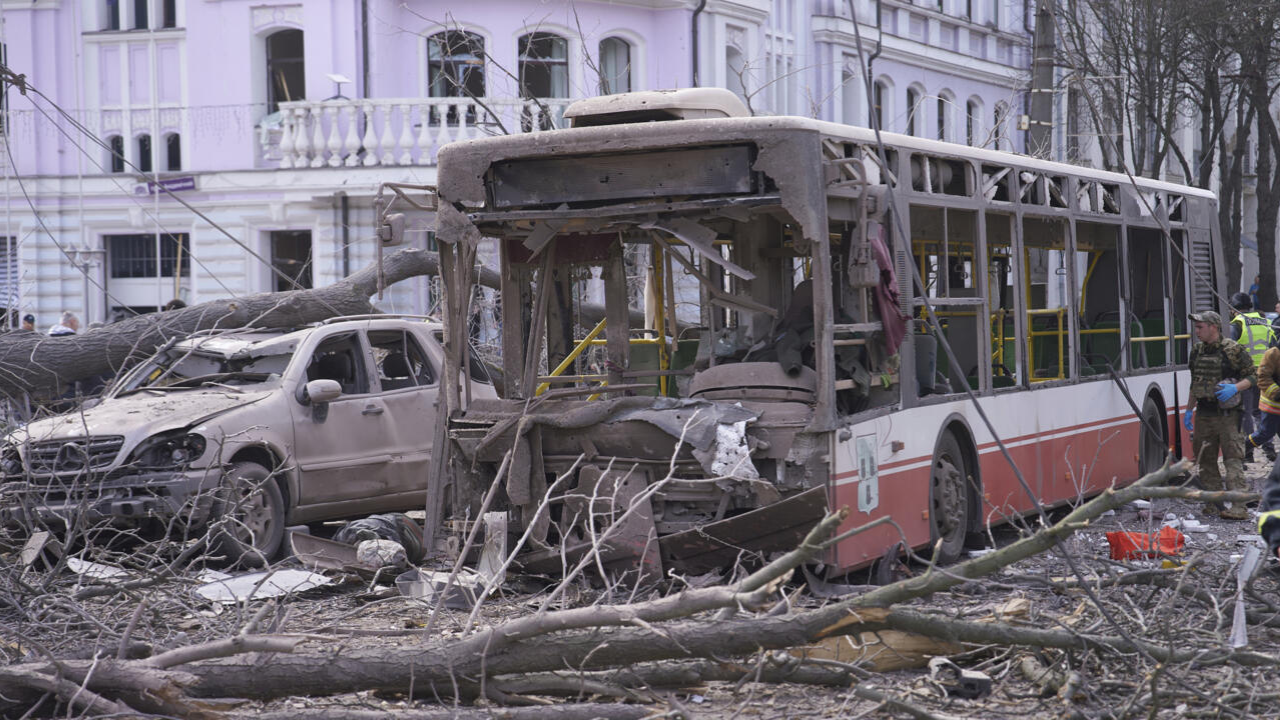The members of the Synod on Synodality discussed how to move forward as a Church in three broad areas: communion, participation and mission. This led to proposals on many different topics.
1.- EXERCISE OF AUTHORITY
The members reflected on how synodality should change the relationship between the Pope and the bishops. They emphasized that the Code of Canon Law establishes forms of papal government that are more collective rather than hierarchical. The report asked to explore and develop these forms of government, although no deadlines were given.
It also requested a revision of the document from the late 1970's that established basic criteria for the relationship between bishops and religious. As well as a clarification on how the relationship between the episcopal conferences and the conferences of major superiors of Institutes of Consecrated Life should be.
Regarding seminaries, the report asked that candidates to the priesthood be formed in a more synodal way.
Lastly, the the report pointed out the necessity of defining the responsibilities of bishops on broad topics, such as their way of exercising authority or the economic management of the diocese.
2.- WOMEN & THE LAITY IN THE CHURCH
Before the next assembly, further research on women deacons in the early Church was requested. Pope Francis had already established two commissions to study this during his pontificate.
The participants in the synod also asked that the election of women to positions of responsibility be promoted, that it be studied whether it is necessary for the heads of the Vatican Curia to be ordained bishops and that the discrimination against women, especially religious women, who perform tasks for very little pay, be ended.
On the other hand, it is requested that the formation of the laity be privileged and that they be present in the process of formation of priests. In this case, emphasis is placed on the need for women to be involved in this process as well.
3.- NEW CHALLENGES
Faced with the challenges of the contemporary world, the participants in the synod called for the promotion of initiatives that allow for their study. They refer to complex anthropological phenomena such as gender ideology or other pastoral, doctrinal or ethical issues that generate controversy.
Throughout the 40-page document there are reflections that cover a multitude of areas such as ecumenism, the Church in the Middle East, the figure of permanent deacons today or the need to promote a Church that blames less and welcomes more. In this sense, it was asked to pay attention to people who feel excluded from Catholic communities because of their marital status or sexual identity.
In this sense, there were Catholic groups promoting gender ideology that have criticized the tone with which the synod has treated the LGTBIQ+ community in its final document. Because they point out that they see no indication that any positive change will come about with respect to them.
JRB
TR: AT
